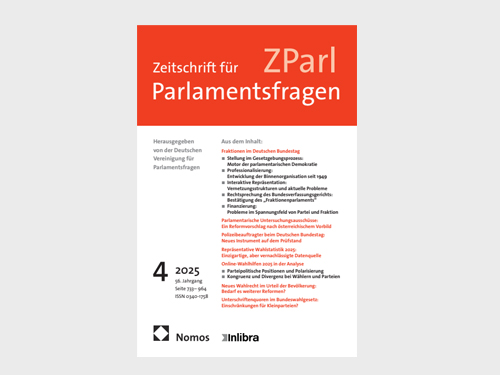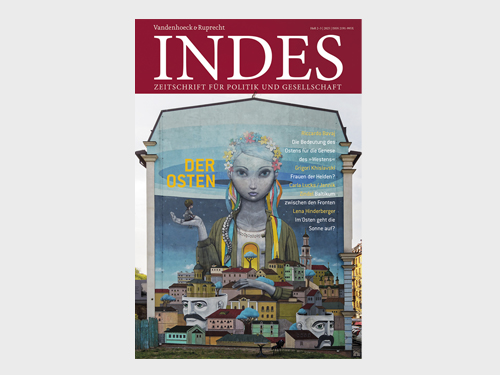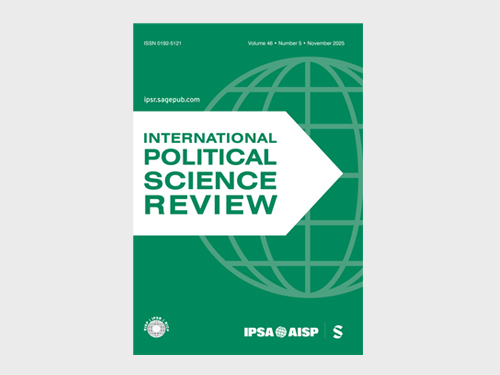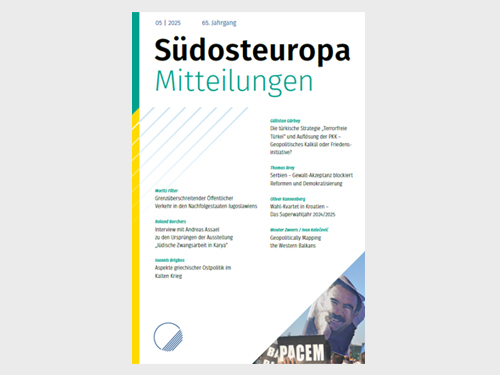
Coalition governments are the norm at both federal and state level. Oliver Kannenberg talks to Sabine Schmidt-Peter about fundamental and more in-depth aspects of coalitions in politics in the podcast by the Brandenburg State Centre for Political Education.

How have the political groups in the German Bundestag professionalised their organisational structure since 1949?
Danny Schindler and Theresa Pescht look at structures of vertical and horizontal division of labour as well as the scope and level of detail of internal rules. They also show that the parliamentary groups are professional democratic collective actors.

In the podcast by the Brandenburg State Centre for Political Education, Daniel Hellmann talks to Sabine Schmidt-Peter about what parties are, what their function is and what makes up the party system in Germany.

The participation of the member base in important internal party decisions has been a growing trend in Germany for several years. However, member surveys in the aftermath of coalition negotiations in particular have repeatedly attracted criticism. In their article, Danny Schindler and Oliver Kannenberg analyse the empirical trend, the underlying logic of action and the implications for coalition governments.

How hierarchical or participation-friendly is the decision-making process in parliamentary groups? Danny Schindler and Oliver Kannenberg have investigated this question in an international comparative study on parliamentary group rules of procedure.

The citizens of Croatia were called to four different elections within 13 months. Oliver Kannenberg writes about the astonishing stability of the party landscape with the simultaneous dominance of two "strong men" in his article for Südosteuropa Mitteilungen
Sign up to receive updates, promotions, and sneak peaks of upcoming products. Plus 20% off your next order.